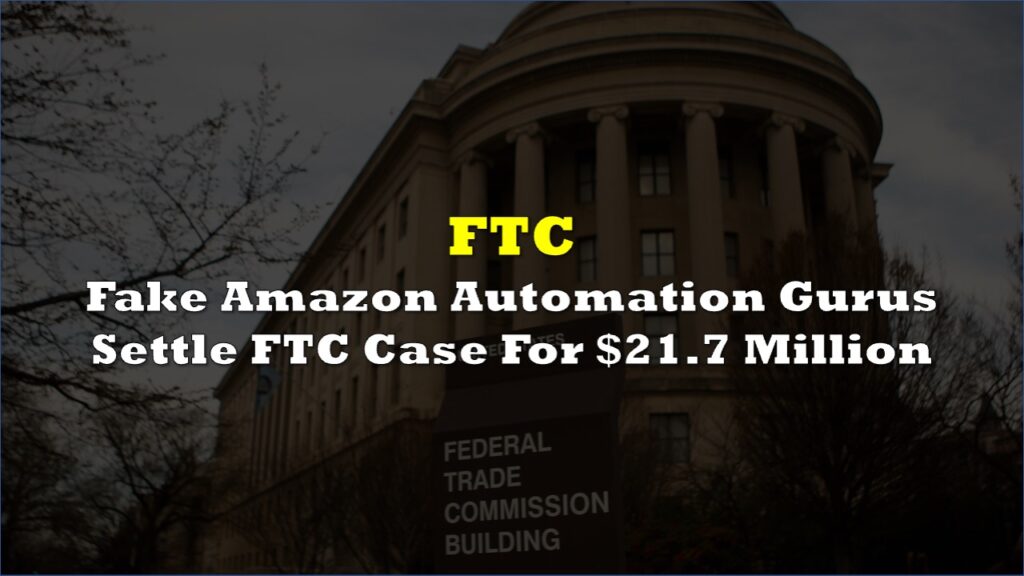US retailers are using consumers’ personal data, including location and browsing patterns, to set individualized prices for goods and services, the Federal Trade Commission revealed in preliminary findings released last Friday.
Last summer @FTC launched an inquiry into whether people's private data is being used to set the prices they pay & whether firms are charging different people different prices for the same good or service.
— Lina Khan (@linakhanFTC) January 18, 2025
Today @FTC published initial findings.https://t.co/PVjBxGDo5o
The agency’s investigation into “surveillance pricing” uncovered that intermediary firms analyze consumer behaviors as specific as mouse movements on web pages and abandoned shopping cart items to help retailers adjust prices.
“Americans deserve to know how their private data is being used to set the prices they pay,” FTC Chair Lina Khan said in a statement.
The study, based on documents from companies including Mastercard, Accenture, and McKinsey & Co., found these pricing practices affecting at least 250 retailers across sectors from groceries to apparel.
The intermediaries can algorithmically adjust prices based on consumer data, including location, demographics, and shopping history, according to the FTC’s staff perspective.
The agency cited hypothetical examples of these practices, including targeting new parents with higher-priced baby products in search results, due to confidentiality requirements around company trade secrets.
The FTC has opened a public comment period through April 17, seeking input from consumers and businesses about their experiences with surveillance pricing and its competitive impact.
The Commission approved the release of the findings in a 3-2 vote, with Commissioners Andrew Ferguson and Melissa Holyoak dissenting.
The agency is continuing its investigation while providing additional research and background materials on these pricing practices.
Information for this story was found via the sources and companies mentioned. The author has no securities or affiliations related to the organizations discussed. Not a recommendation to buy or sell. Always do additional research and consult a professional before purchasing a security. The author holds no licenses.









